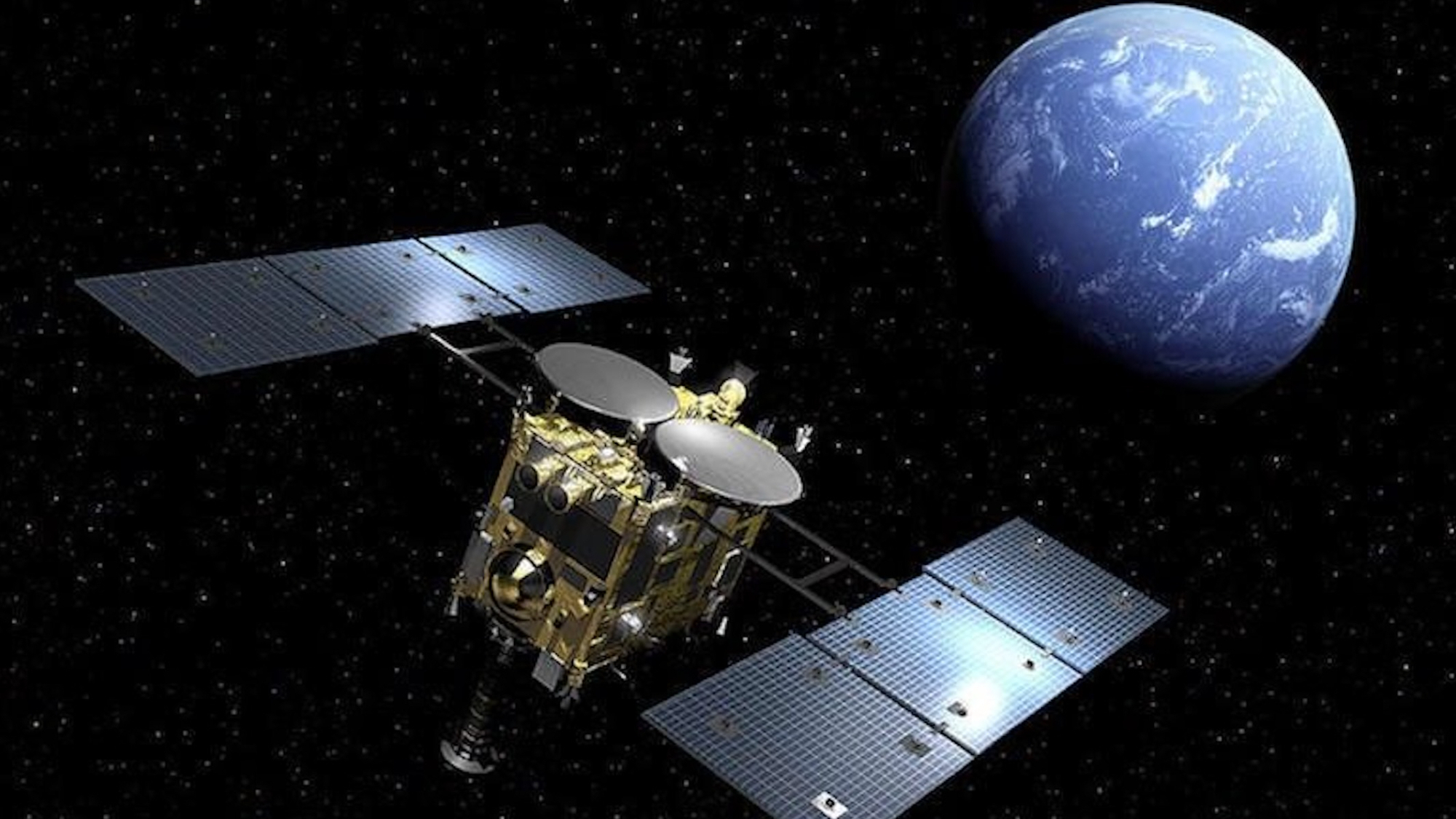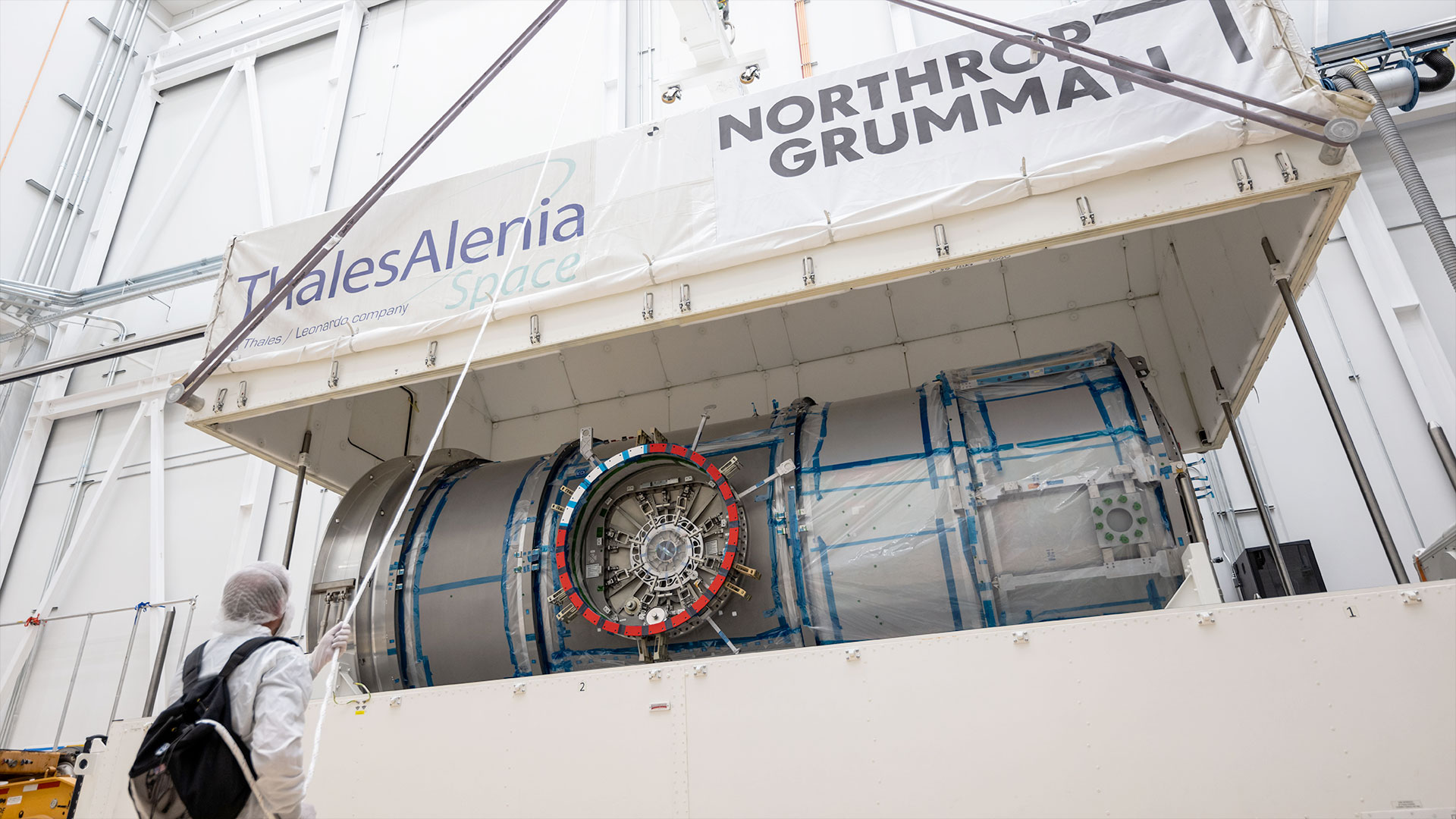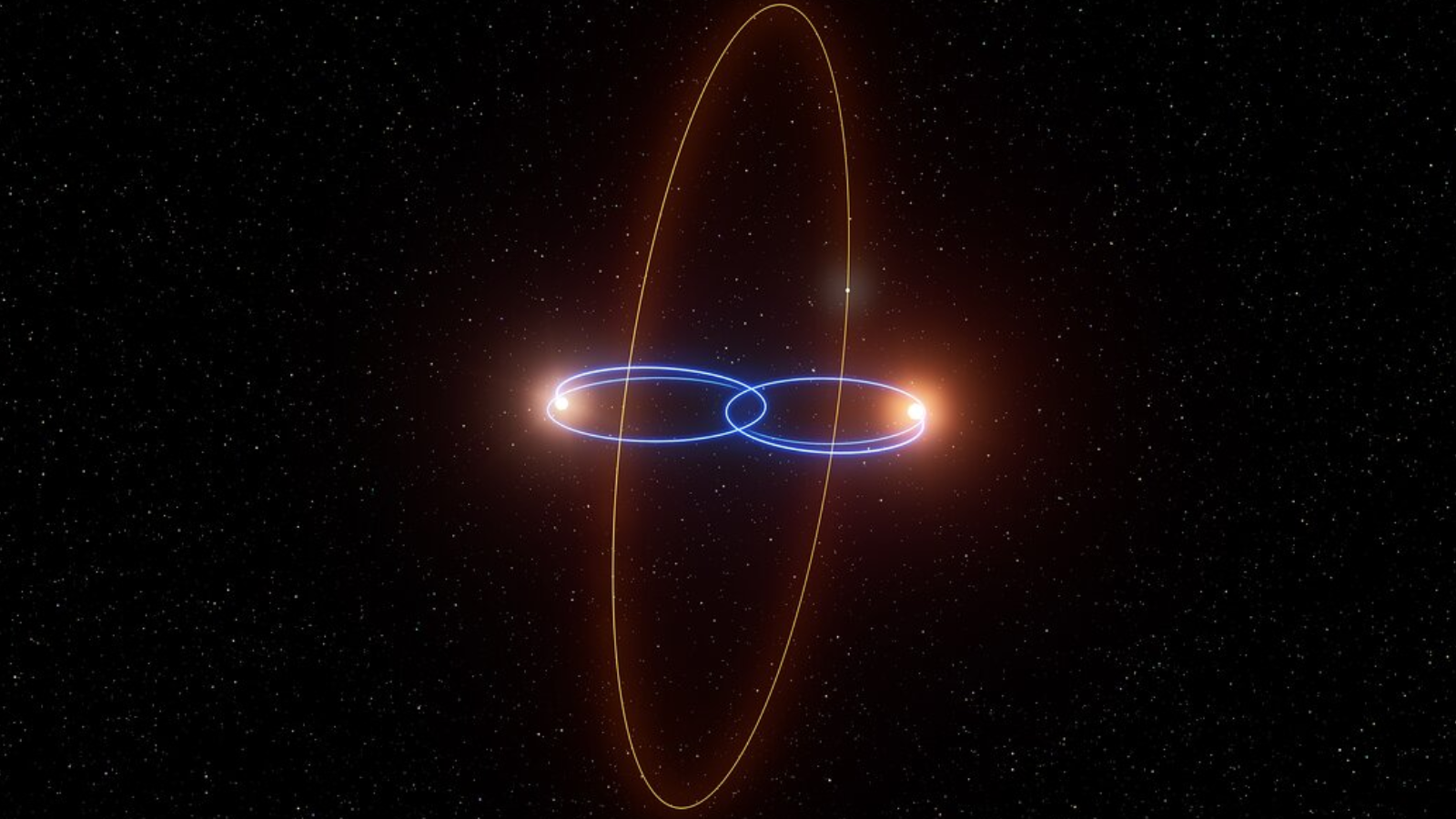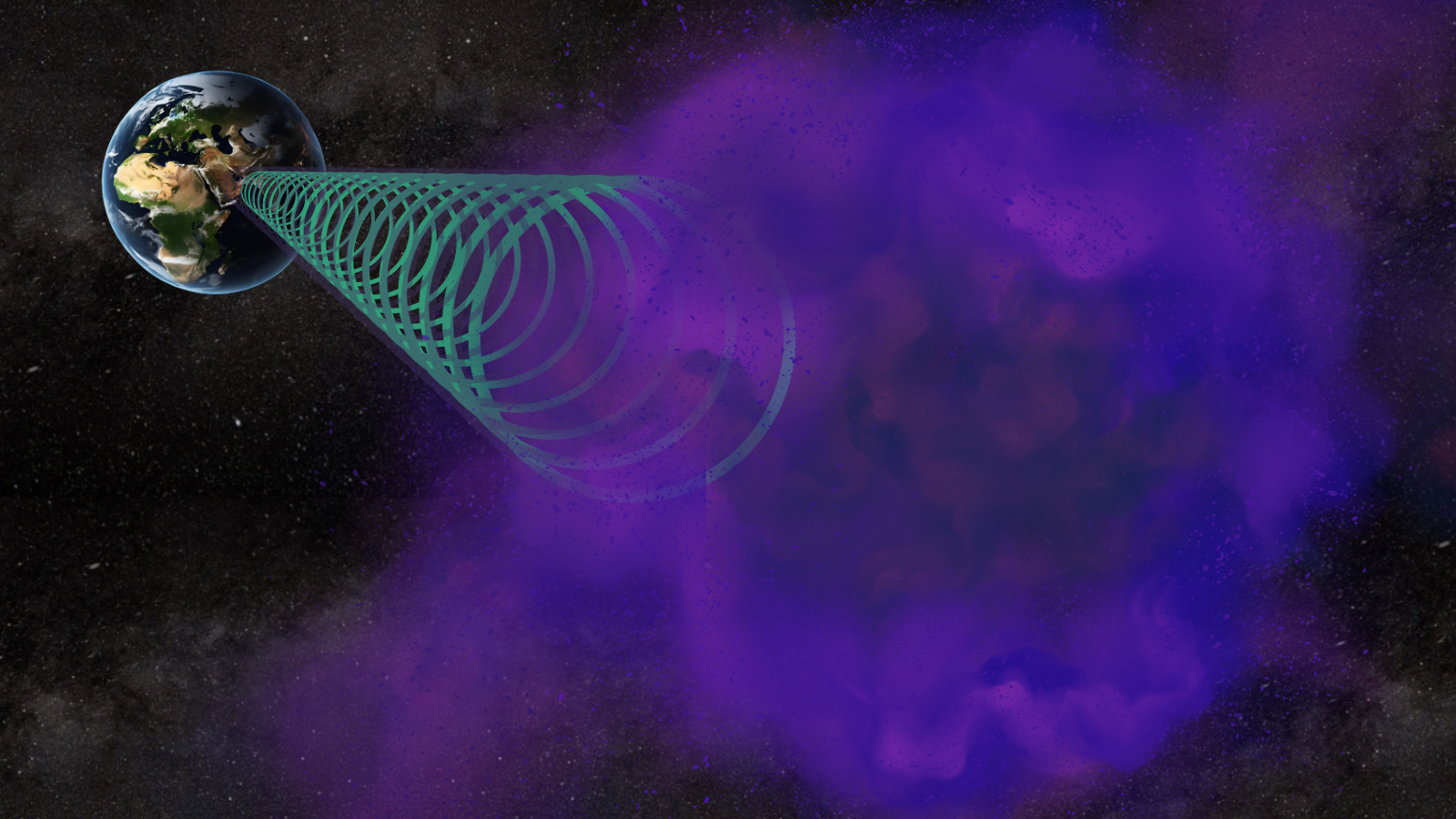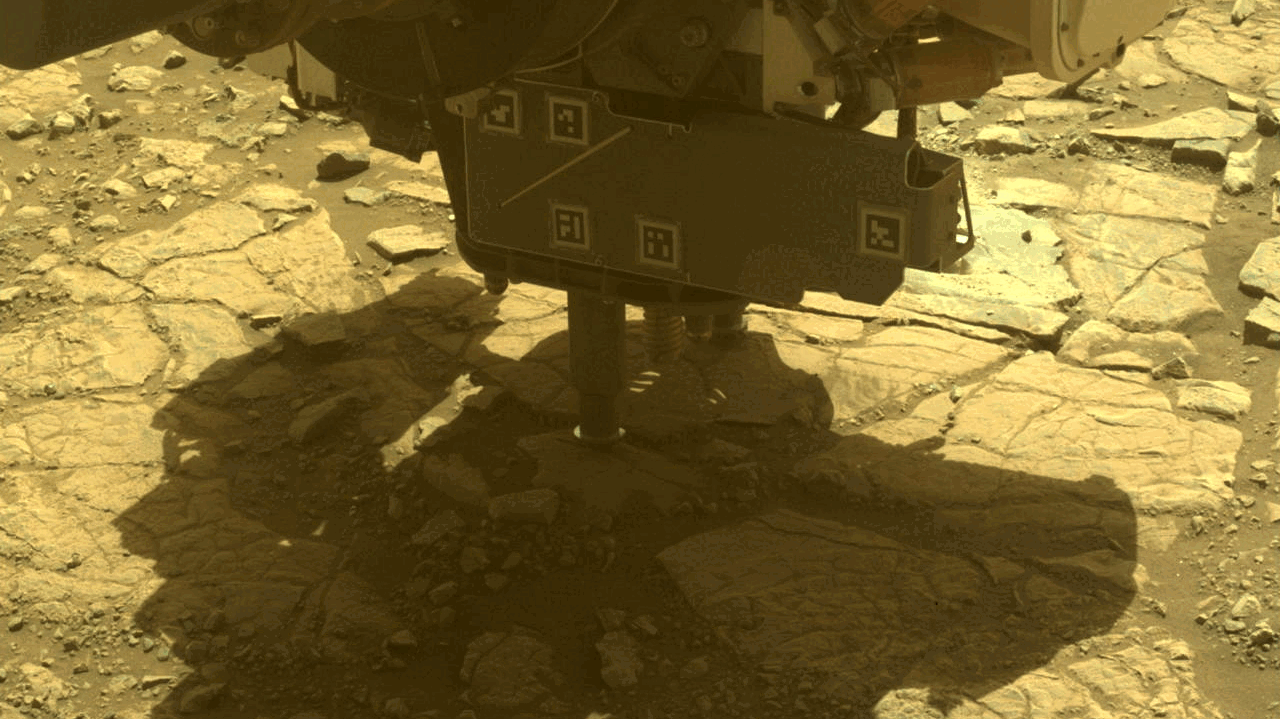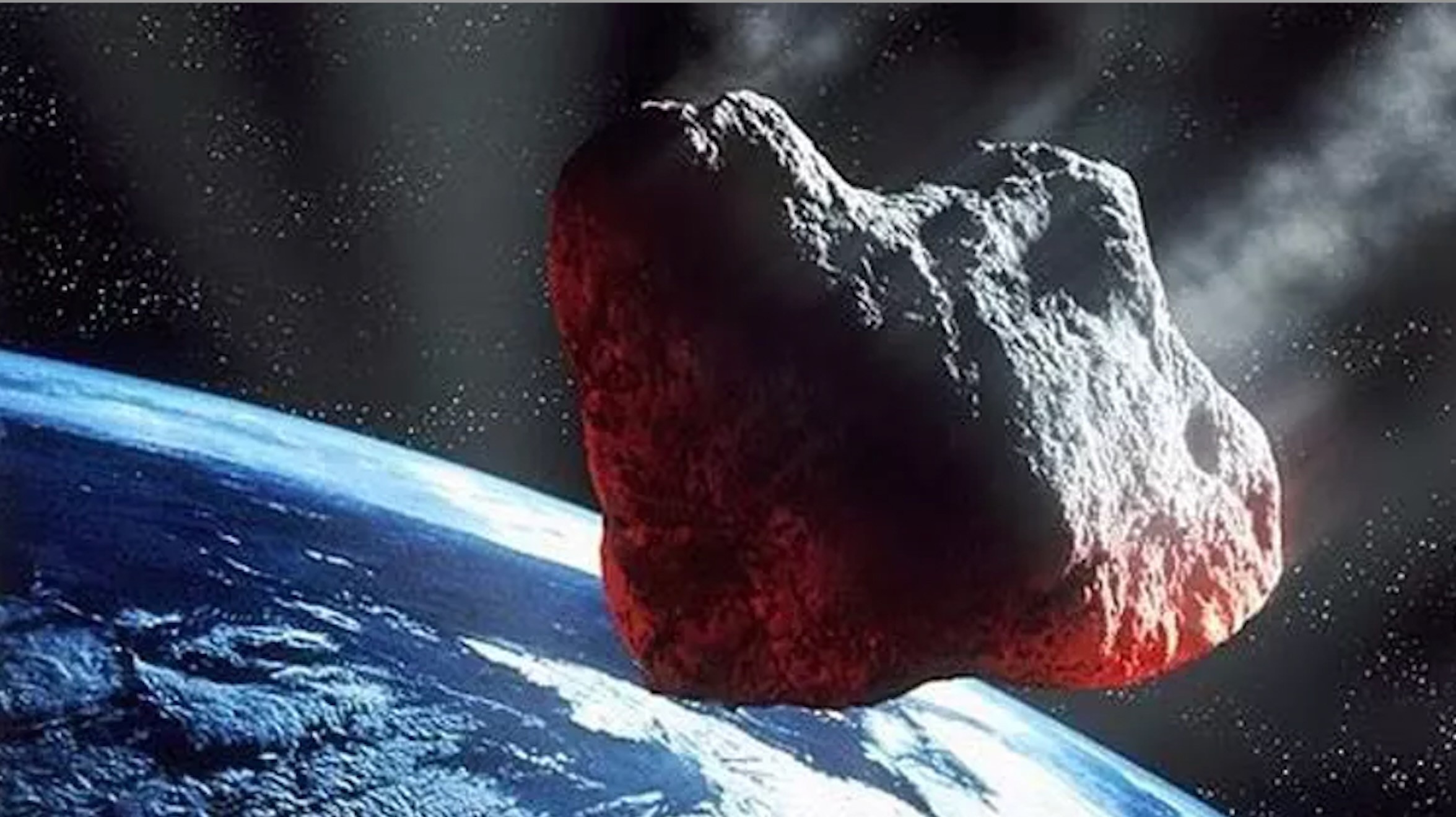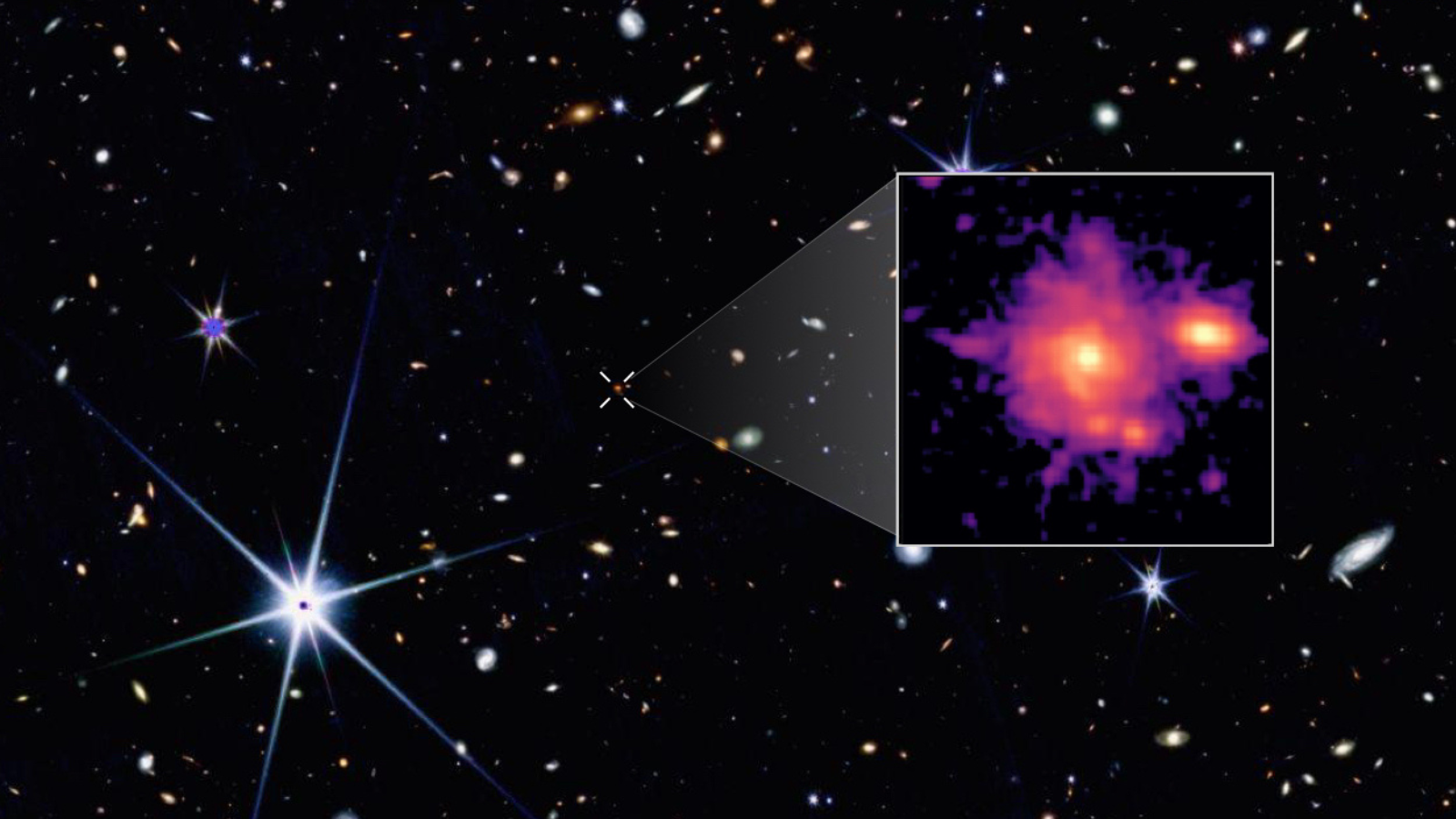SETI: Is It Worth It?
It's arisky long shot that burns up money and might never, ever pay off. So issearching for intelligent creatures on unseen worlds worth the candle? Afterall, aren't there better ways to use our monies and technical talents thantrying to find something that's only posited to exist: sentient beings in thedark depths of space?
This is aquestion that surfaces more often than dead fish. "Why should my preciousdollars be used for SETI when there's so much suffering in the world?"
It deservesan answer.
To beginwith, allow me to get a technical misunderstanding off the table. As manyreaders know, SETI is not paid for with your tax dollars. At least, not if you'rein the United States (where most SETI is conducted). Since 1993, when Congresskilled the NASASETI program, the search for signals from other societies has been fundedby private donations. To be candid, even before that date, the amount of taxthat was SETI-bound was only about three cents per year per citizen. But let'snot argue whether that was a heavy burden or not: the facts are, it's currentlyzero. If you don't want to contribute to SETI, then it costs you nothing.
That smalltruth hardly silences critics, however. They look at SETI donors, and wonderaloud why these folks don't write those checks for medical research, foreignaid, or other humanitarian programs. In other words, the critics' plea is thatwe put all our money where our collective mouths are.
Well, sucha circumstance has never been the case, and never should be.
A cursoryglance at history shows that, even when people are routinely dying of hunger inthe streets, some fraction of any civilized nation's resources have gone toseeking new things, or creating new things. Donors and patrons will alwaysspend some monies on activities that, when analyzed on the crassest, basest levelis "useless for society." They do that for lots of reasons –burnishing their image, love of Bulgarian ballet, or maybe just a desire tosave fresh-water otters. But that's beside the point: if you give money to thelocal heart association, maybe it's because you're thoroughly altruistic. Orperhaps, deep down, you figure it might help you or your family in the long run.Either way, it's a good thing from society's standpoint.
Get the Space.com Newsletter
Breaking space news, the latest updates on rocket launches, skywatching events and more!
Yes, butisn't "good" relative? Shouldn't there be a cost-benefit calculationhere? Shouldn't philanthropists opt for the most effective project, in terms ofsocietal improvement? That may sound good, but even aside from issues of freewill, that argument leads to a terminally murky battle on what's important andwhat isn't. And sometimes what's unimportant today can become very importanttomorrow.
Considersome examples. In Italy at the start of the 17th century, Medicifamily members Ferdinand and Cosimo proffered a regular allowance to anambitious academic from Padua, Galileo Galilei. The guy found spots on the Sunand moons around Jupiter. You could have bought some meals with that moneyinstead. But Galileo's work turned our worldview upside down by showing thatCopernicus was right. I'm glad he got the florins.
Two hundredyears later, Emperor Joseph II of Austria ponied up some coins to fund WolfgangMozart. Was this a good idea? Mozart was just writing music, for goodness sake.You can't eat music (unless you're a goat). But I can feast on it, and I do.
Then thereare SETI's analogs from the first years of the twentieth century: the multipleattempts to pierce the heart of Antarctica and reach the South Pole. Theprincipal men who led these forays into the lethal landscape at the bottom ofthe world – Shackleton, Scott, and Amundsen – did so for approximately the samereasons that motivate anyone with ambition: career advancement, glory,adventure, or simply to prove that they had the right stuff in the white stuff.But we're not talking about their motivation: we're asking why anyonewould fund these guys. All three had donations from individuals. James Caird, a wealthy Dundee jute manufacturer, gave Shackleton a hefty hunk of change; steel magnate WilliamBeardmore funded Scott on his first expedition; and Lincoln Ellsworth, son ofan American industrialist, wrote checks for Amundsen.
There's hardly any mystery about why theseprivate citizens would send explorers to realms that offered only frostbite anda bit of national pride in return. Yes, they were in it for the image building– the celebrity that would rub off on them if their boys brought back the bacon(only Beardmoreseems to have expected to make a profit.) But these sponsors, like their prot?g?s, were also driven bycuriosity – an inherent interest in exploration, in learning about the unknown.They wanted to know what was out there. For these folks – people who couldn'tbreach the frontiers themselves – it was exploration by proxy.
So, andperhaps too obviously, it's not inevitably about financial return. But it'salso not always about new cures, new products, or even the alleviation ofsuffering. As Richard Feynman once said about physics, "it's like sex. Sure,it may give some practical results. But that's not why we do it."
And really,I think the same is true of the quest to find a signal from the stars. Fundersof SETI are not putting their boodle on the table for commercial or nationaladvantage. They're not hoping we'll be able to proselytize the aliens, nor dothey await an opportunity to beat their chests with satisfaction if we findthem. And while there's always the possibility that we'll learn wonderfulthings from an interstellar transmission, SETI speaks to a quintessential humanneed even without that carrot – the quest to know. More to the point: to knowhow we fit in. What is our part in the enormous cultural tapestry that wesuspect threads the star fields of the Galaxy?
Are wetruly biologically or intellectually special? One radio whistle from the cosmoswould answer that question. Even if a discovery deflates our egos, it's stillsomething that would be incredibly interesting to know. Ignorance is not bliss– it's only ignorance. When Copernicus argued that our view of anEarth-centered universe was parochial and wrong, he cracked a door in a stuffyhouse. SETI could blow out every window in the place.
Astechnologist Paul Allen said while commissioning the first elements of the newtelescope that bears his name, "I like to call SETI the longest oflong shots. But if this array picks up a signal, that would be an amazing thing– a civilization-changing event."
Surely, that'sworth the candle.
- VIDEO: Listening for Life with Seth Shostak
- VIDEO: Figure the Odds of E.T.!
- All About SETI
Join our Space Forums to keep talking space on the latest missions, night sky and more! And if you have a news tip, correction or comment, let us know at: community@space.com.
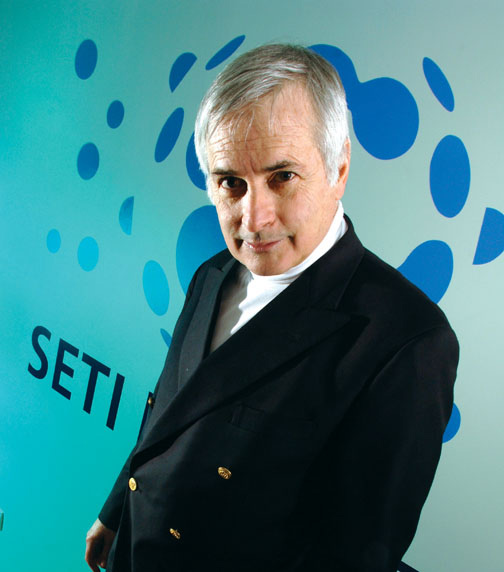
Seth Shostak is an astronomer at the SETI (Search for Extraterrestrial Intelligence) Institute in Mountain View, California, who places a high priority on communicating science to the public. In addition to his many academic papers, Seth has published hundreds of popular science articles, and not just for Space.com; he makes regular contributions to NBC News MACH, for example. Seth has also co-authored a college textbook on astrobiology and written three popular science books on SETI, including "Confessions of an Alien Hunter" (National Geographic, 2009). In addition, Seth ahosts the SETI Institute's weekly radio show, "Big Picture Science."


